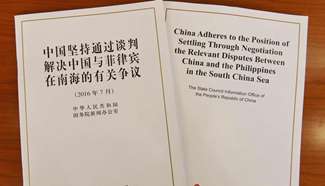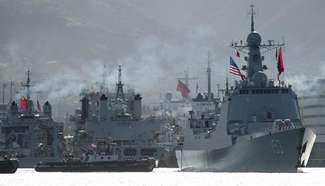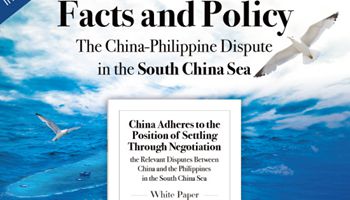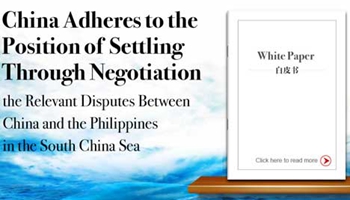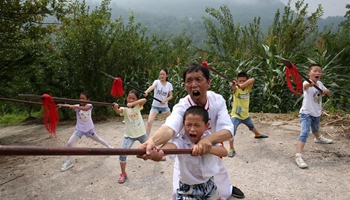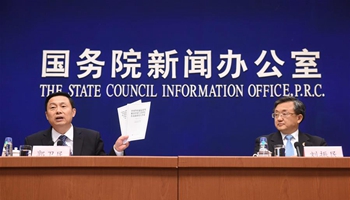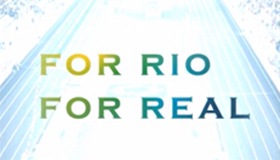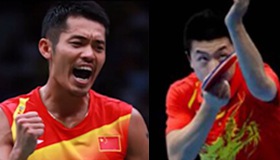UNITED NATIONS, July 12 (Xinhua) -- Ten of the 12 publicly announced candidates to succeed from January 2017 retiring UN Secretary-General Ban Ki-moon were tested on Tuesday in a wide-ranging, first-ever globally-broadcast TV and Internet streaming debate.
There was no clear winner among the six females and four males, seven of them from Eastern Europe believed due for the top UN office. A female successor is also widely expected.
Each was chosen by lots to serve in one of the two groups, standing for an hour behind the podium in the front of the UN General Assembly hall. Questions were fired at them by moderators from Al Jazeera Media Network, producer of the history-making event broadcast, along with President Mogens Lykketoft of the General Assembly.
Correspondents James Bays and Folly Bah Thibault moderated, throwing dozens of questions mixed with sharp queries from UN ambassadors, non-governmental organization representatives and even a fresh-faced student from Brazil, during the fast-paced 90-minute telecast and slightly-longer webcast.
The first group consisted of Vesna Pusic of Croatia, Antonio Guterres of Portugal, Susana Malcorra of Argentina, Vuk Jeremic of Serbia and Natalia Gherman of Moldova.
Pusic, foreign minister of Croatia, responded to the first query saying she seeks the position to counter "deep cynicism or antipathy, resentment" against peace, development and human rights at the United Nations.
Guterres, former Portuguese prime minister and former UN High Commissioner for Refugees, said he seeks to "alleviate humanitarian suffering," fight climate change and xenophobia, adding the next secretary-general "must have solid ethical references."
Malcorra, foreign minister of Argentina and Ban's former Chef de Cabinet, wants to bring the world organization closer to people and to lead the UN "to the next level" by calling on the private sector to assist.
Jeremic, former president of the General Assembly, said he wants to take the helm because "not all is well" at the UN, an organization facing "overwhelming stagnation." Yet he saw the UN as the only entity to tackle most of the global problems.
Gherman, former foreign minister of Moldova, citing her belief in a commitment to a better life for humanity, said she believes only the UN can make it happen.
In the second group were Helen Clark, former prime minister of New Zealand and head of the UN Development Program, Danilo Turk, former president of Slovenia and a former UN assistant secretary-general, Christiana Figueres of Costa Rica who led the Paris climate change conference to a success last December, Igor Luksic, former prime minister of Montenegro and Irina Bokova of Bulgaria, director-general of the UN Educational, Scientific and Cultural Organization.
Srgjan Kerim of Macedonia and Miroslav Lajcak of Slovakia were unable to attend the debate.
"This has been a remarkable evening," general assembly president Lykketoft said when concluding the debate with praises that candidates demonstrated "yet again, their fantastic potential."
They "have allowed us to bring incredible, important global issues into the living rooms of many millions of people across this world," he said. "This is something we should be proud of."
"We have taken another great step forward in our efforts to install further transparency and inclusivity into the process," he said.
"Ultimately I hope we will deliver on our primary objective: to secure the best possible candidate to lead the United Nations in the coming years."

